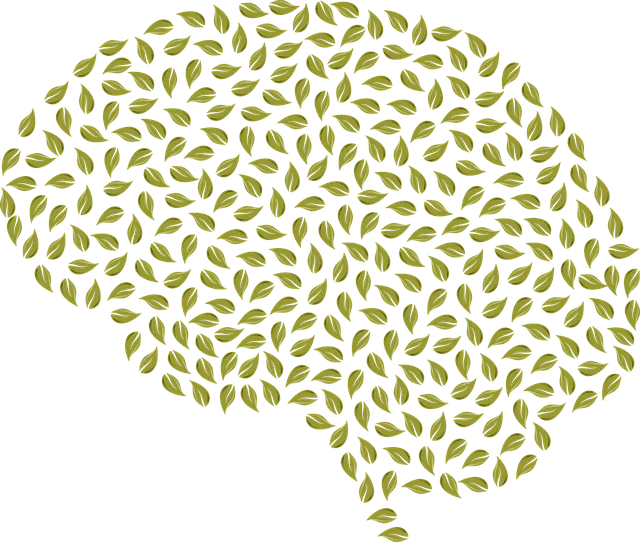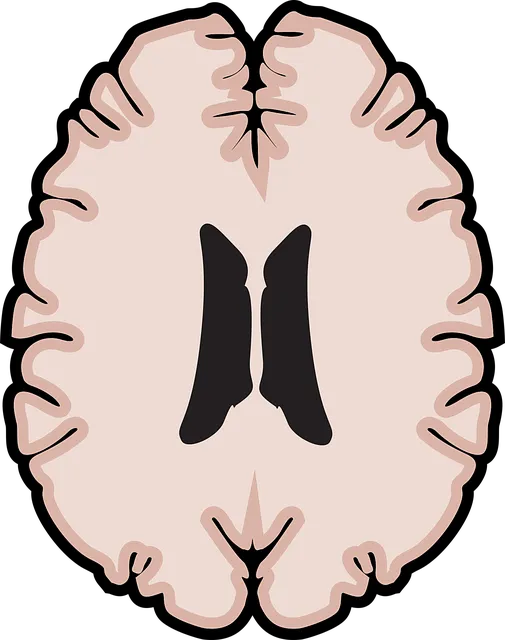The media's portrayal of mental health significantly shapes public perceptions, often perpetuating harmful stereotypes that lead to stigma. Organizations like the Kaiser Permanente Mental Health Access Center in Lafayette play a crucial role in combating this issue by offering essential care and education. They initiate strategic initiatives, collaborating with experts to educate media producers on accurate and empathetic depictions, reducing stigma through diverse narratives focused on real-life experiences. Additionally, public awareness campaigns centered on mental health promote empathy, encourage help-seeking without judgment, and ultimately improve access to care, mirroring the comprehensive services available at the Kaiser Permanente center.
In today’s media landscape, the portrayal of mental illness can significantly impact public perception and understanding. This article explores how media representation challenges the way we view mental health and offers solutions to foster positive change. We delve into the critical role of organizations like Kaiser Permanente Mental Health Access Center in Lafayette, which champion accurate depiction and promote access to resources. By examining strategies to overcome media stereotypes, we aim to revolutionize mental illness discourse for better societal understanding and support.
- Understanding the Impact of Media Portrayal on Mental Health Perception
- The Role of Organizations Like Kaiser Permanente in Promoting Accurate Representation
- Strategies for Overcoming Challenges and Fostering Positive Change in Media Content
Understanding the Impact of Media Portrayal on Mental Health Perception

The media plays a significant role in shaping public perceptions about mental health. Accurate and sensitive representation can significantly impact how individuals understand and respond to various mental illnesses, potentially encouraging early intervention and support-seeking behaviors. Unfortunately, historical portrayals have often perpetuated harmful stereotypes, leading to stigma and misinformed attitudes. This is especially concerning considering resources like the Kaiser Permanente Mental Health Access Center in Lafayette offer essential services, making accurate media representation even more critical.
Public Awareness Campaigns Development focused on mental health can be instrumental in challenging negative narratives. By showcasing diverse experiences and promoting understanding, these campaigns can foster empathy and reduce the social isolation often faced by those struggling with their mental well-being. Effective Communication Strategies that emphasize the complexities of mental illness while offering Anxiety Relief measures can contribute to a more nuanced public discourse. This, in turn, may encourage individuals to seek help without fear of judgment, ultimately improving access to care, such as that provided at the Kaiser Permanente center.
The Role of Organizations Like Kaiser Permanente in Promoting Accurate Representation

Organizations like Kaiser Permanente play a pivotal role in promoting accurate representation and access to mental health services. The establishment of their Mental Health Access Centers, such as the one in Lafayette, serves as a beacon for communities seeking support. These centers not only provide comprehensive care but also act as educational hubs, fostering discussions around mental wellness. By integrating initiatives like Self-Care Routine Development for Better Mental Health and implementing Community Outreach Programs, Kaiser Permanente bridges the gap between individuals and essential resources.
The commitment to Cultural Sensitivity in Mental Healthcare Practice is another notable aspect. Recognizing the unique needs of diverse communities, these centers tailor their services to be inclusive and respectful. This approach ensures that everyone, regardless of background, can access accurate information and receive quality care, fostering a more supportive and understanding society for those grappling with mental illness.
Strategies for Overcoming Challenges and Fostering Positive Change in Media Content

To overcome challenges and foster positive change in media content regarding mental illness, several strategic approaches can be implemented. Organizations like the Kaiser Permanente Mental Health Access Center in Lafayette are pioneering efforts to promote accurate and empathetic portrayals. By collaborating with mental health experts, they guide media producers in adopting best practices that reflect real-life experiences without sensationalism. This involves educating creators on various mental health conditions, encouraging diverse narratives, and integrating emotional healing processes and stress reduction methods into storylines naturally.
Additionally, focusing on communication strategies can significantly impact public perception. Media platforms can initiate conversations about mental illness by presenting characters with nuanced struggles and recoveries. Portraying these journeys in a relatable manner helps reduce stigma and encourages viewers to seek support when needed. Such initiatives not only entertain but also empower audiences, fostering a more understanding and compassionate society.
Media representation plays a pivotal role in shaping public understanding of mental illness. By promoting accurate and diverse portrayals, organizations like Kaiser Permanente’s Mental Health Access Center in Lafayette can challenge stereotypes and foster empathy. Implementing the discussed strategies is essential to driving positive change, ensuring that media content reflects the reality of mental health experiences, and ultimately improving support and access for those seeking help.






